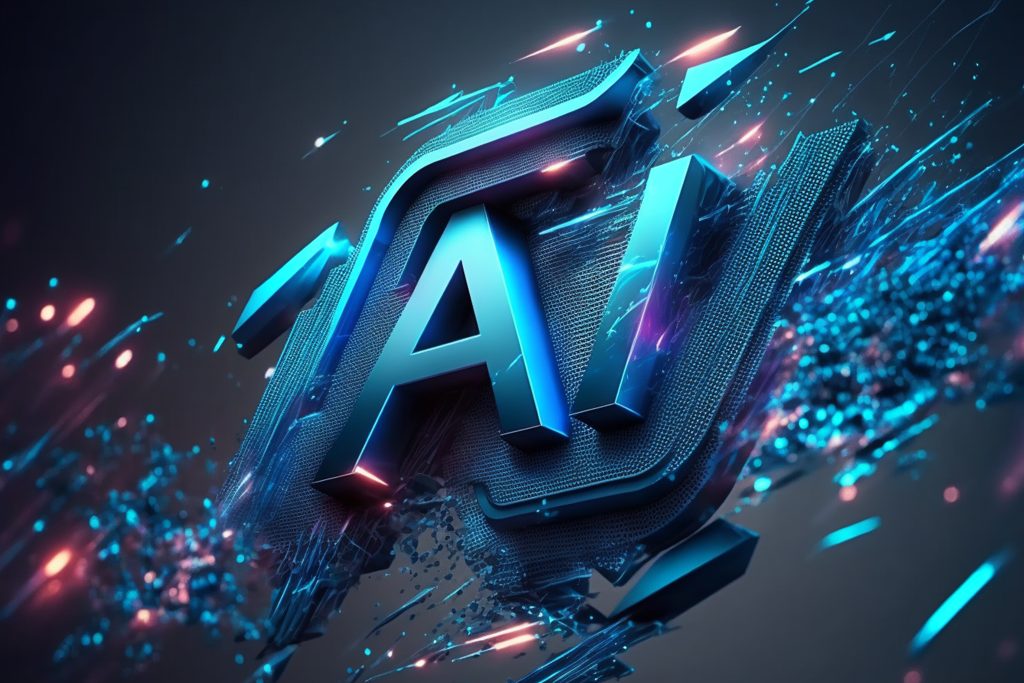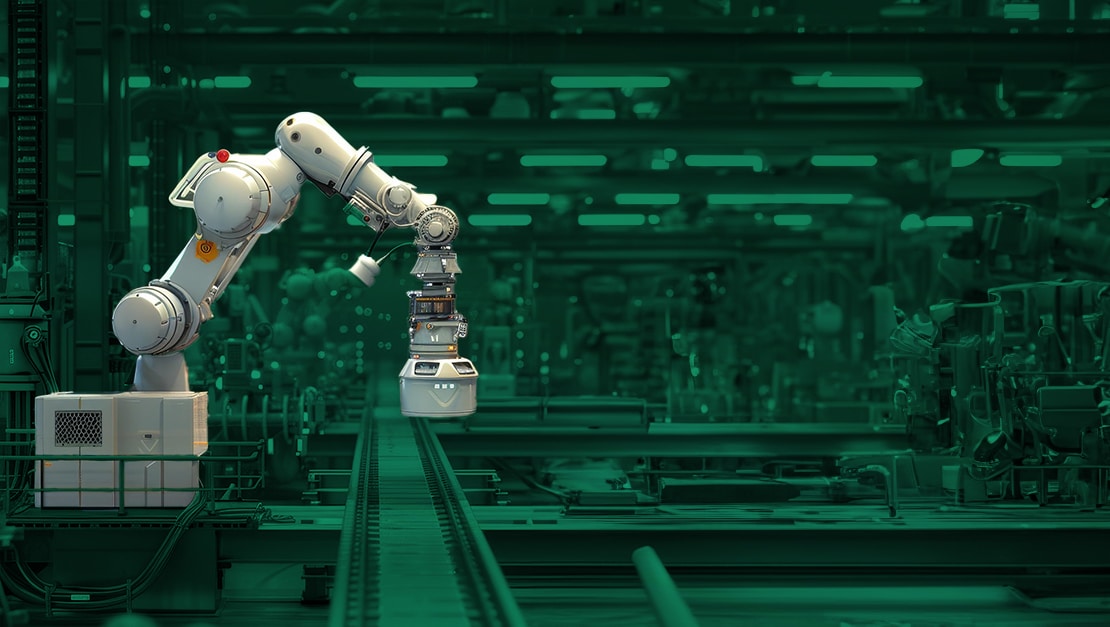Suchir Balaji's Death And What You Need to Know About OpenAI's...
On November 26, 2024, Suchir Balaji was found dead in his apartment in San Francisco. Authorities have ruled his death as a suicide, with no signs of foul play discovered thus far. Balaji, a former researcher at OpenAI, gained attention for his stance as a whistleblower within the organization.
The Controversy
Disputing the "fair use" defense commonly used in generative AI products, Balaji urged Machine Learning researchers to delve deeper into copyright laws within this realm. His blog post addressed the implications of utilizing generative AI technology and the legal concerns surrounding it.

In his final tweet, Balaji shared insights on his research at OpenAI and highlighted the importance of understanding copyright laws, even for non-lawyers like himself.
Legal Battles and Ethical Concerns
Balaji's arguments contribute to the ongoing discourse regarding the ethical and legal aspects of AI-generated content. The debate surrounding the "fair use doctrine" and data replication by AI systems continues to raise questions about intellectual property rights.

Shortly before his death, Balaji was identified as a crucial figure in a lawsuit against OpenAI. The lawsuit, which involved allegations of copyright infringement, shed light on the contentious relationship between AI technology and legal boundaries.
Data Sourcing Practices
OpenAI's quest for data has led to controversial practices, including the transcription of YouTube videos for training purposes. The company's aggressive data acquisition strategies have sparked debates about data ethics and privacy concerns.
Challenges and Future Implications

The proliferation of AI technologies like Sora, OpenAI's text-to-video generator, highlights the complexities of data sourcing and the potential legal repercussions. Ongoing copyright lawsuits against AI firms underscore the challenges in balancing innovation with ethical considerations.
As the digital labor economy expands with AI advancements, concerns arise about the impact on traditional job roles and labor practices. The development of agent technology signals a shift towards automation and the potential displacement of human labor.
In conclusion, the intersection of AI, data ethics, and copyright law presents a complex landscape that necessitates ongoing scrutiny and regulatory measures to safeguard intellectual property rights and ethical data practices.




















